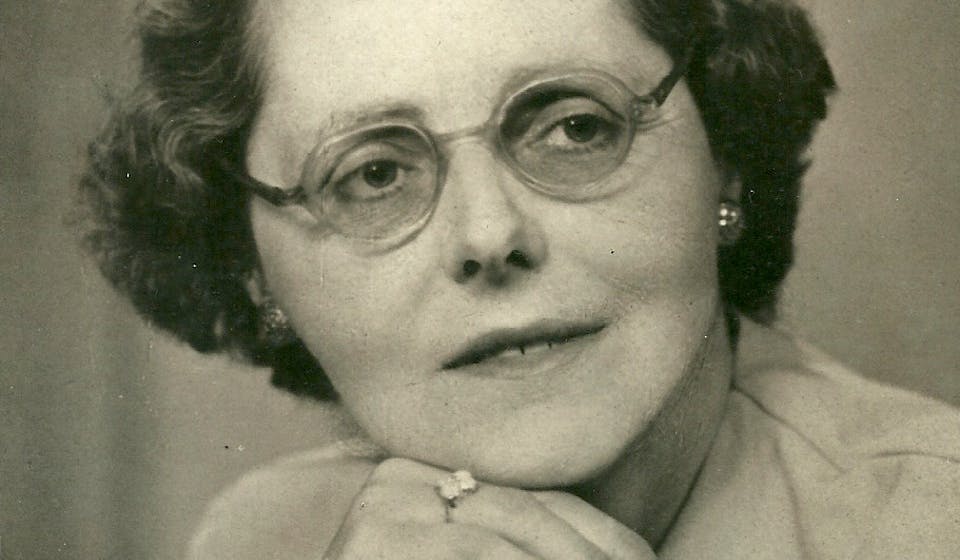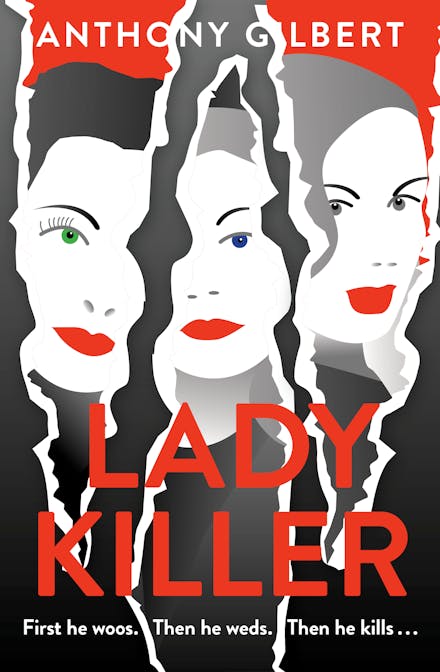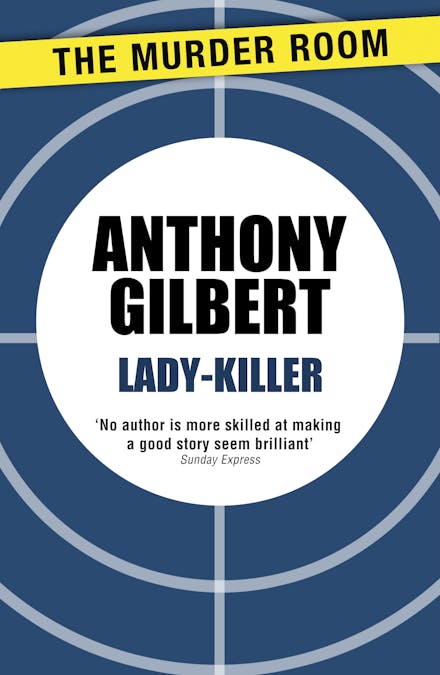Imprint
- The Murder Room
- The Murder Room
Mr Crook Murder Mystery, Fiction, Crime & mystery, Classic crime
Henry's vocation is being a husband. First he woos. Then he weds. Then he kills...
Classic crime from one of the greats of the Detection Club
When he falls in love with orphan Sarah, Henry takes her to a lonely cottage and her initial happiness at being with him soon gives way to some uncomfortable suspicions. But will anyone reach the isolated spot before Henry deems her a little too inquisitive for her own good?
Praise for Lady Killer
-
No author is more skilled at making a good story seem brilliant - SUNDAY EXPRESS
-
If there is one author whose books need to be widely available, it is Gilbert - Inkquilletc.blogspot
-
Fast, light, likeable - NEW YORK TIMES
-
Unquestionably a most intelligent author. Gifts of ingenuity, style and character drawing - SUNDAY TIMES

Anthony Gilbert
Anthony Gilbert was the pen name of Lucy Beatrice Malleson. Born in London, she spent all her life there, and her affection for the city is clear from the strong sense of character and place in evidence in her work. She published 69 crime novels, 51 of which featured her best known character, Arthur Crook, a vulgar London lawyer totally (and deliberately) unlike the aristocratic detectives, such as Lord Peter Wimsey, who dominated the mystery field at the time. She also wrote more than 25 radio plays, which were broadcast in Great Britain and overseas. Her thriller The Woman in Red (1941) was broadcast in the United States by CBS and made into a film in 1945 under the title My Name is Julia Ross. She was an early member of the British Detection Club, which, along with Dorothy L. Sayers, she prevented from disintegrating during World War II. Malleson published her autobiography, Three-a-Penny, in 1940, and wrote numerous short stories, which were published in several anthologies and in such periodicals as Ellery Queen's Mystery Magazine and The Saint. The short story 'You Can't Hang Twice' received a Queens award in 1946. She never married, and evidence of her feminism is elegantly expressed in much of her work.


































.png?auto=compress&w=150&h=60&fit=crop&fm=jpg)
.png?auto=compress&w=150&h=60&fit=crop&fm=jpg)




